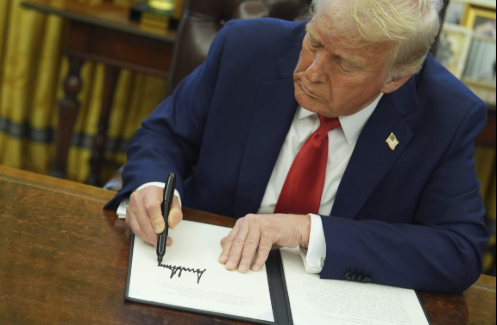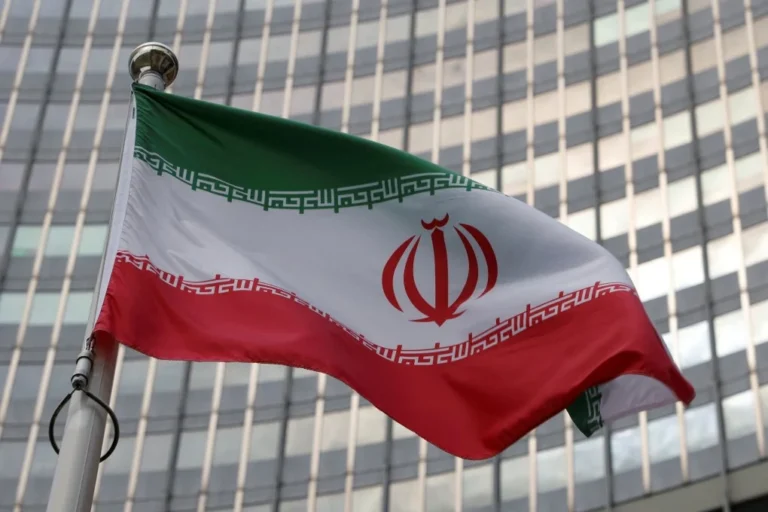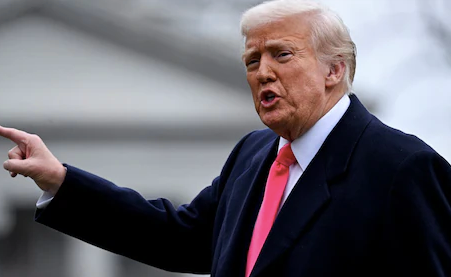
The recent crackdown by the Trump administration on foreign students has raised widespread alarm among educators, civil rights groups, and international academia. Critics contend that these actions not only threaten the United States’ status as a top destination for higher education but also undermine basic civil liberties, especially freedom of speech and due process.
Erosion of Civil Liberties
At the center of the controversy is the administration’s increased monitoring of international students’ social media usage. Under programs such as “Catch and Revoke,” the State Department uses artificial intelligence to monitor online speech, targeting those who are considered “pro-Hamas” or who speak out against U.S. policy. Such monitoring has resulted in the revocation of visas without apparent proof of misconduct, sparking concerns about First Amendment abuses. Electronic Frontier Foundation identifies the chilling impact this has on free speech, with international students and their American counterparts reporting that they self-censor in order to escape possible fallout.
Impact on Academic Institutions
Universities nationwide are struggling to cope with the repercussions. Institutions such as Harvard and the University of California have complained about the loss of global talent and the prospect of reduced research innovation. The American Association of University Professors, joined by more than 80 institutions, filed legal briefs in opposition to the administration’s policies, highlighting the negative impact on academic freedom and global competitiveness of the country.
Economic and Cultural Implications
International students contribute significantly to the U.S. economy, injecting billions annually through tuition and living expenses. Their presence enriches campus diversity and fosters cross-cultural understanding. However, the administration’s restrictive measures have led to a noticeable decline in international enrollment, with many students opting for countries perceived as more welcoming. This trend threatens not only economic benefits but also the cultural and intellectual vibrancy of American campuses.
Legal Challenges and Advocacy
These policies have been met with legal opposition. One recent case includes a group of universities filing suit against the administration regarding visa cancellations, claiming that numerous students were wrongly targeted for minor infractions or unsubstantiated claims. Civil rights groups, such as the ACLU, have further expressed staunch resistance, calling on institutions to protect the rights of foreign students and push back against federal overreach.
Conclusion
The actions of the Trump administration on international students mark a major departure in U.S. immigration and education policy. Although national security is a legitimate interest, the sweeping and frequently impenetrable methods used threaten to undermine the very ideals of freedom and openness that have long characterized American higher education. As legal challenges continue and colleges resist, the country stands at a watershed moment in trying to reconcile security with maintaining civil liberties and academic integrity.
Keep Reading Questiqa.com for more news.




